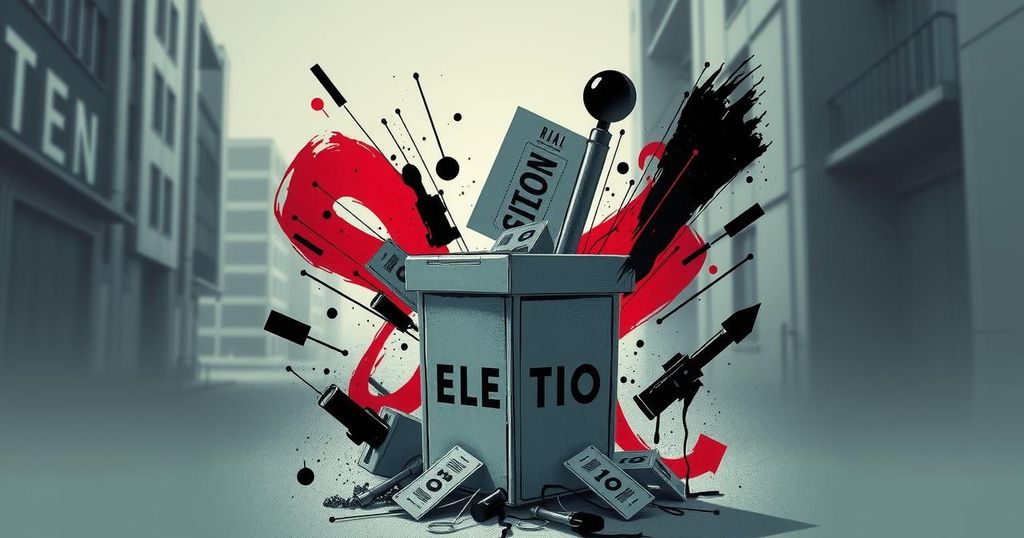Ecuador’s election on Sunday will determine responses to rising cartel violence. Incumbent Daniel Noboa seeks reelection amid a backdrop of drug-related crime, while challenger Luisa González aims to shift policies. The stakes are high, impacting both domestic affairs and international drug trafficking.
Ecuador held a pivotal election on Sunday to determine the nation’s strategy in combating escalating cartel-related violence, a matter of domestic urgency with global implications for drug trafficking. Incumbent President Daniel Noboa, 37, seeks reelection after a tumultuous first term marked by drug-related violence and economic challenges. His administration has faced heightened homicide rates and instability from entrenched international gangs vying for control of trafficking routes from South America to global markets.
Ecuador has recently transitioned from a relatively safe environment to a high-crime zone, attributed largely to drug cartels from Mexico, Italy, and Albania. The influx of these organizations has transformed Ecuador into a hotspot for drug trafficking, severely impacting public safety and the economy. The country grapples with significant violence, as seen in the alarming rise in homicide rates and political assassinations, leading to a crisis in governance and stability.
The upcoming election is critical for Ecuador as it confronts an unprecedented wave of violence linked to drug trafficking. With Noboa appealing to voters through strong security measures and his main opponent, Luisa González, advocating for human rights and a potential shift in policy, the outcome will shape the nation’s approach to combating cartel influence. Voter turnout will be essential, as a lackluster result could lead to a runoff in April.
Original Source: www.batimes.com.ar




